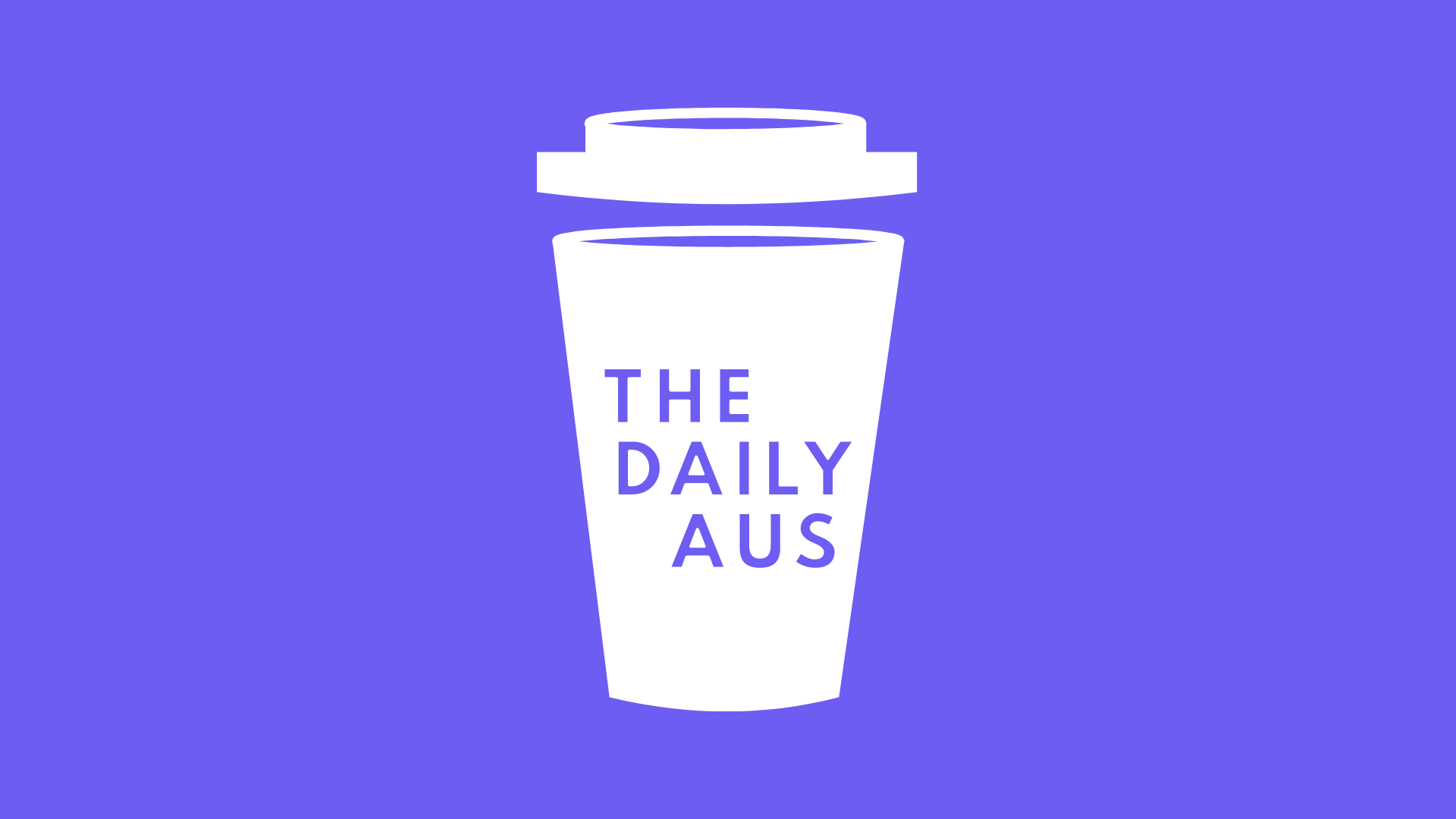The Russian government has passed amendments to the country’s criminal code, imposing fines or jail terms on anyone who spreads “fake news” or calls for sanctions against Russia.
Under the new laws, journalists face up to 15 years in prison for the dissemination of “fake news”.
The introduction of the laws triggered many global media organisations with offices in Russia to halt all reporting. CNN, BBC, Bloomberg and CBS were four major outlets that announced an immediate stop.
Independent Russian outlets have also expressed concern over the new laws, with many local outlets following their international counterparts in closing. TV Rain has stopped broadcasts and Meduza, one of Russia’s most popular independent news sites, has been blocked.
“It leaves us no other option than to temporarily suspend the work of all BBC News journalists and their support staff within the Russian Federation while we assess the full implications of this unwelcome development. The safety of our staff is paramount and we are not prepared to expose them to the risk of criminal prosecution simply for doing their jobs. I’d like to pay tribute to all of them, for their bravery, determination and professionalism.” — BBC Director-General Tim Davie in a statement
Russia’s communications watchdog, Roskomnadzor, also announced Facebook would be blocked in the country, citing the failure of the platform to delete content banned by Russian authorities. Facebook’s parent company, Meta, confirmed its service was down in Russia.
Meanwhile, the watchdog also announced Twitter would be blocked – but Twitter could not independently confirm whether its service is down in the country.
“Soon millions of ordinary Russians will find themselves cut off from reliable information, deprived of their everyday way of connecting with family and friends and silenced from speaking out. We will continue to do everything we can to restore our services so they remain available to people to safely and securely express themselves and organise for action.” — Nick Clegg, President of Global Affairs at Meta (Facebook) in a statement via Twitter

